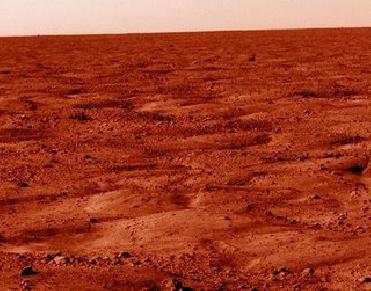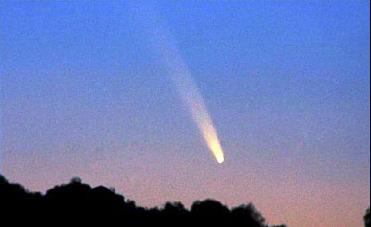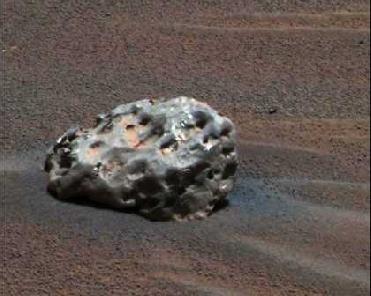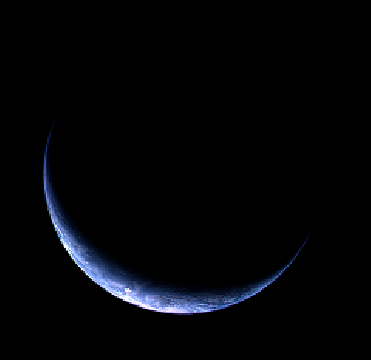
Rendering of meteor falling to Earth.Credit: iStockphoto
NEW DELHI (BNS): Large bombardments of meteoroids about four billion years ago could have made the early Earth more habitable for life by modifying its atmosphere, a new study suggests.
Researchers said when a meteoroid from space enters a planet�s atmosphere; extreme heat causes some of the minerals and organic matter on its outer crust to be released as water and carbon dioxide before it breaks up and hits the ground.
The delivery of this water could have made Earth�s and Mars� atmosphere wetter. The release of the greenhouse gas carbon dioxide could have trapped more energy from sunlight to make Earth and Mars warm enough to sustain liquid oceans, Science Daily reported Wednesday.
The researchers from Imperial College London analysed the remaining mineral and organic content of fifteen fragments of ancient meteorites that had crashed around the world to see how much water vapour and carbon dioxide they would release when subjected to very high temperature like those they would experience upon entering the earth�s atmosphere.
The study was carried out using a new technique called pyrolysis-FTR, which uses electricity to rapidly heat the fragments at a rate of 20,000 degree Celsius per second. The gases released were then measured.
The data was analysed from an ancient meteor shower called the Late Heavy Bombardment (LHB), which occurred four billion years ago where millions of rocks crashed to Earth and Mars over a period of 20 million years, it said.
�For a long time, scientists have been trying to understand why Earth is so water rich compared to other planets in our solar system. The LHB may provide a clue. This may have been a pivotal moment in our early history where Earth�s gaseous envelope finally had enough of the right ingredients to nurture life on our planet,� said Professor Mark Sephton.
However, unlike Earth, Mars doesn�t have a magnetic field to act as a protective shield from the Sun�s solar wind, researchers said. As a consequence, Mars was stripped of most of its atmosphere. A reduction in volcanic activity also cooled the planet. This caused its liquid oceans to retreat to the poles where they became ice, they added.
 Next Article
Next Article













The Indian Air Force, in its flight trials evaluation report submitted before the Defence Ministry l..
view articleAn insight into the Medium Multi-Role Combat Aircraft competition...
view articleSky enthusiasts can now spot the International Space Station (ISS) commanded by Indian-American astr..
view article